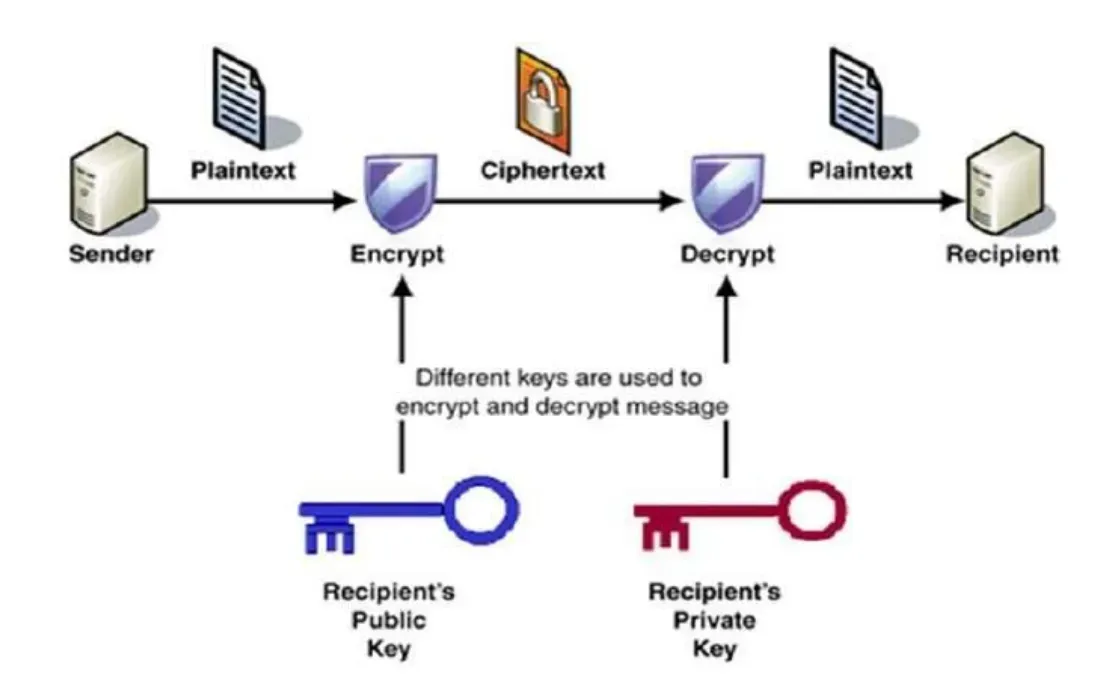Latest Blog Posts
August 15, 2019
August 15, 2019
August 15, 2019
Follow us on Facebook
Certification
CA Private Investigator
License No. 28286
PI Services
Locations Served
Client Intake Forms
Conflicts and Arbitration
Conflicts and Arbitration

Coflicts and Arbitration
According to the Administrative Dispute Resolution Act of 1996, arbitration may be used as an alternative means of conflict resolution when the opposing parties agree to the following:
– Present only certain conflict to arbitration
– Arbitration must make an award that is within a range of possible outcomes, and the maximum award must be specified
– None of the parties is required to agree to arbitration to enter into a contract or to obtain a benefit
– The parties have authority to enter into a settlement concerning the conflict
– The parties are authorized by the agency to agree to arbitration
– The head of an agency should consult the Attorney General and issue guidance before the parties enter into the binding arbitration.
Arbitrator.
According to the Administrative Dispute Resolution Act of 1996 an arbitrator is a neutral who meets the following criteria:
– An individual who is a permanent or temporary Federal Government officer or employee, or any other individual whom the opposing parties consider acceptable.
– A neutral must not have any official, financial, or personal conflict of interest with the issues in controversy.
– If such interests exist, all parties must be notified of such interests and agree that the neutral may serve.
– The neutral must serve at the will of the conflicting parties.
– A neutral may be an employee of a professional agency specializing in conflict resolution.
– A neutral may be an employee of another professional agency that the first agency agrees to hire.
Arbitrator authorities
The following are the arbitrator’s authorities as defined in The Administrative Dispute Resolution Act of 1996:
– Regulation of the course of arbitral hearings by setting the time and place of the hearing, notifying the parties, and preparing all the necessary components of the hearing
– Conducting arbitral hearings by interpreting and applying relevant regulations, laws, and policies
– Administraiting oaths and affirmations ensuring proper recording
– Requiring and monitoring the attendance of witnesses during the hearing by employing such means of communication as telephone, television, computer, or other electronic means
– Requiring and monitoring production of oral or documentary evidence during the hearing with the privilege to exclude irrelevant, immaterial, or unduly repetitious evidence
– Making awards within 30 days after hearing.
The post Conflicts and Arbitration appeared first on Blue Systems International.













